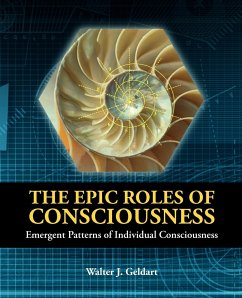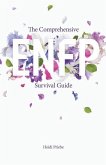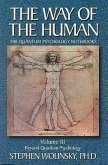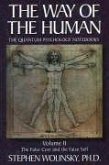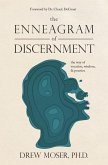The psychology, philosophy, and neuroscience of whole consciousness Human consciousness is one of the last frontiers of science, and it is receiving increased attention from psychologists, philosophers, and neuroscientists. This book reports on the discovery of emergent patterns of individual consciousness that are predicted by a mathematical model. The EPIC model integrates the psychology of consciousness from Carl Jung and William James with the inclusive three object type categories from philosophy. The EPIC model represents logical patterns of functional information held briefly in working memory for whole events lasting from one to ten seconds. The mathematical emergent patterns are strings of numbers containing up to ten functional contents of consciousness. These strings are predicted from prime number strings related to hexagon tile geometry. Hexagon tile geometry was also proposed by the neuroscientist William Calvin as an underlying structure for realizing brain functions with neuronal assemblies. EPIC provides an understanding of ten roles people may play under the influence of attention and free will. It provides a holistic view of human personality that goes beyond other personality models such as the eight Jungian Psychological Types, the sixteen MBTI Preference Types, and the nine Enneagram Personality Types.
Hinweis: Dieser Artikel kann nur an eine deutsche Lieferadresse ausgeliefert werden.
Hinweis: Dieser Artikel kann nur an eine deutsche Lieferadresse ausgeliefert werden.

